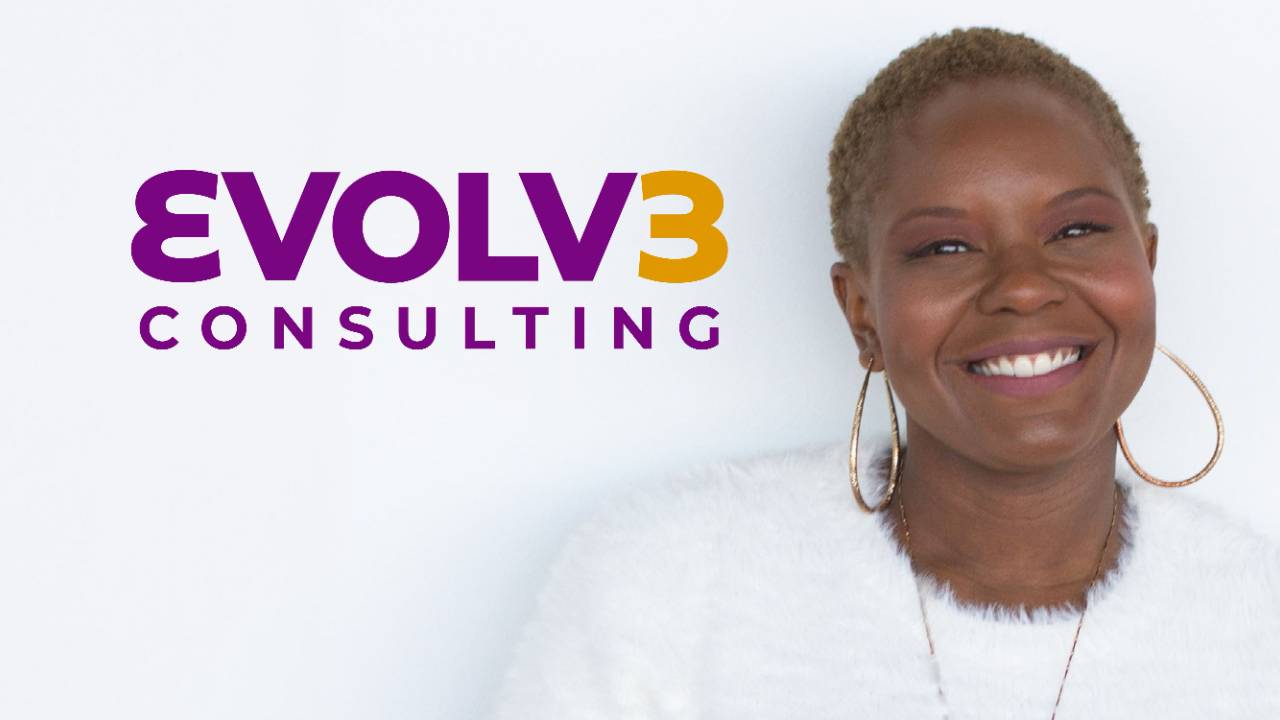Lead With Them, Not Just For Them: Balancing Advocacy and Authority

6-minute read | Read post in browser
Would they still follow you if they didn't have to?
That question hits different when the pressure’s on—when the deliverables are late, the feedback is tough, or your own confidence is shaky.
So let’s take it further: Would you still follow you?
Leadership That Lasts Isn’t About Power. It’s About Advocacy.
Back in March, we explored how authentic advocacy builds trust and earns followership. We talked about how people don’t leave companies—they leave leaders who fail to show up and speak up for them.
But advocacy isn’t a one-way street. And influence isn’t a personality trait—it’s a leadership practice.
This week, we’re looking at what happens after trust is earned. How do you sustain it? How do you lead your team, champion your peers, and still let yourself be seen and supported?
You do it by balancing advocacy with authority—and by learning to lead in all directions.
The Fine Line Between Empowerment and Enablement
Let’s be real: most well-intentioned leaders lean too far one way.
You jump in. You fix. You protect. And you tell yourself, “I’m supporting them.”
But here’s the truth:
Empowerment builds capacity. Enablement builds dependency.
Empowerment sounds like:
- “I know you can handle this.”
- “What do you need to move forward?”
- “Let’s debrief after you try it.”
Enablement sounds like:
- “I’ll just do it—it’s faster.”
- “I didn’t want you to worry about that.”
- “Let me get in there and fix it."
See the difference? One builds a confident, capable team. The other builds a tired leader and a team afraid to own their growth.

The Three Directions of Advocacy That Build Real Influence
Let’s widen the lens.
True advocacy isn’t just top-down. It’s 360 degrees.
🔼 Up and Across: Advocacy from Leaders and Peers
Yes, even leaders need champions.
Maybe your boss publicly supported a bold idea when no one else would.
Maybe a peer spoke your name in a room full of decision-makers.
You didn’t have to beg. They just saw your value and said something.
When that happens? It’s game-changing.
And if it hasn’t happened for you recently… I see you. I’ve been you.
- You don’t have to wait for it to be modeled to be it.
- You can advocate for your peers—even when they’re too humble to ask.
- You can invite feedback from your own leader. Let them know how to best support you.
We lead best when we experience advocacy—not just offer it.
💭 Reflect: Think about a time when you didn’t feel supported by your leader or peers. How did it impact your confidence, energy, or performance? Are you unintentionally recreating that experience for someone else right now?
🔽 Downward: Advocacy Toward Your Team
Now let’s talk about the direction you might default to first.
You want your team to win. To be seen. To thrive.
So you work overtime. You speak up in rooms they’re not in.
You pave the way so they can shine.
That’s beautiful leadership—when it’s balanced.
But ask yourself:
- Do they have opportunities to advocate for themselves?
- Are you protecting them from discomfort or preparing them to handle it?
Advocacy should make your team more capable, not more dependent.
That’s the line. That’s the growth.
💡 Add this lens: Sometimes our desire to be helpful gets in the way of healthy stretch. What’s one place where you could step back—not to abandon your team, but to let them step forward?
🔁 And What About the Individual Contributor?
This message is for you, too.
If you’re an employee wondering why your name’s not in the room… why your contributions go unnoticed… why your potential feels capped...
I want you to hear this: You are not asking for too much. You are asking the wrong person if the answer has always been no.
Advocacy at work is more than a nice-to-have. It’s how culture is built. And if your leader isn’t modeling it, you get to model it for yourself—and maybe even for them.
🎯 Here’s your invitation: Name what you need. Speak your value.
And if you lead others—don’t assume they feel championed just because you care. Ask them. Invite honesty. And take action.

A Moment That Changed Everything
Years ago, I was leading a complex transformation project—no formal team, high visibility, and even higher stakes.
I was working hard behind the scenes, doing everything I could to protect people from the chaos that comes with change.
Truthfully? I didn’t want anyone to see the mess.
My perfectionism whispered that anything less than flawless would look like failure.
And as a people person, I carried a second weight: I cared deeply—maybe too much—about how people felt during the transition. I didn’t want them to feel unprepared or frustrated or uncomfortable. So I worked harder. Stayed later. Held more than I should have.
Until one day, a mentor pulled me aside and said:
“I didn’t ask you to lead this because I wanted it done perfectly. I asked you because I knew you could inspire others to take the journey with you—and more importantly, make them want to help you get to the new destination.”
That moment changed me.





